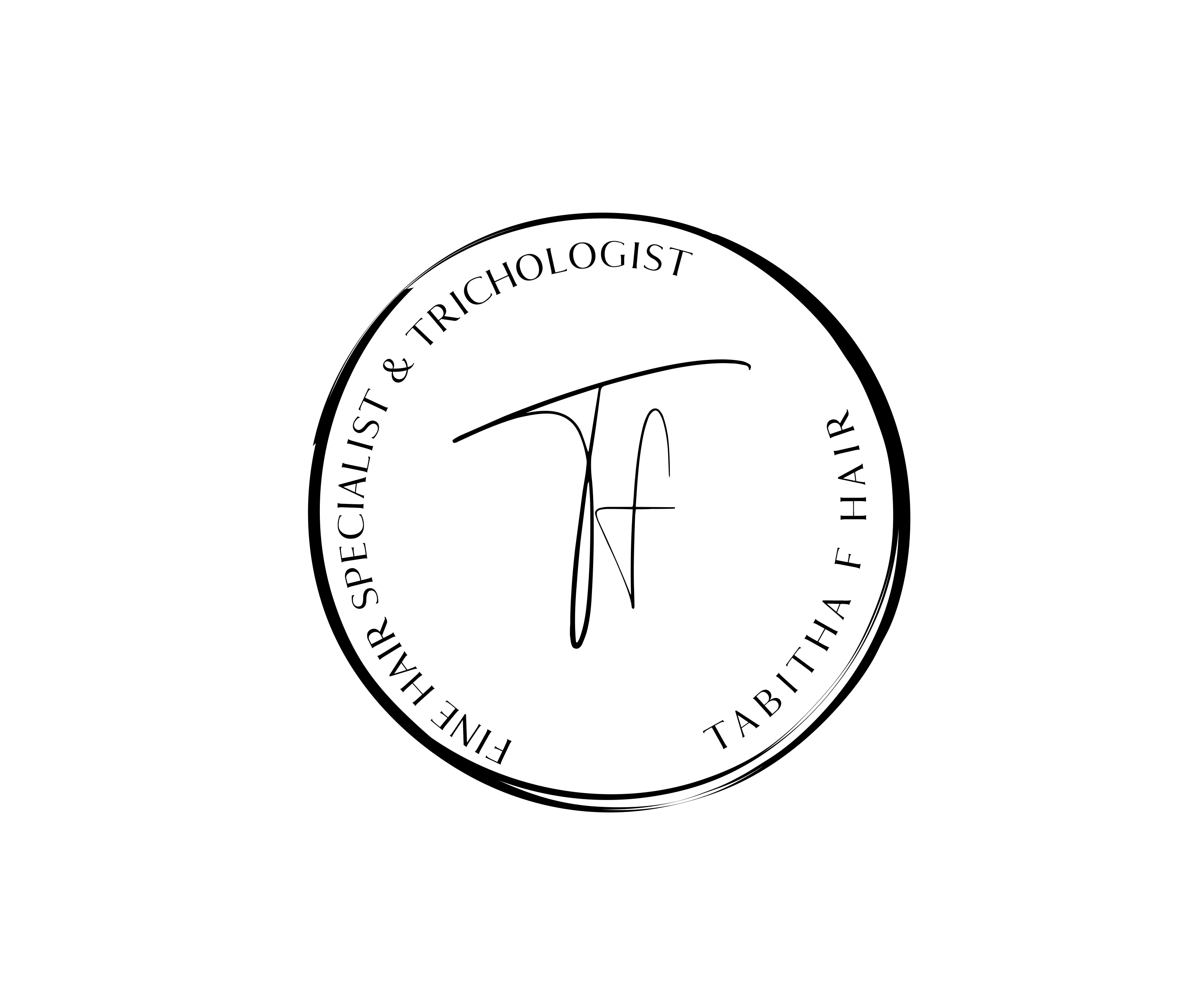Beauty Rest: The Unseen Link Between Sleep and Great Hair
- Tabitha Fredrichs

- Dec 16, 2023
- 2 min read
A restful night's sleep is often hailed as the secret ingredient to radiant skin and overall well-being. However, what many may not realize is the profound impact that sleep has on the growth cycle of your hair. Let's explore the fascinating connection between sleep and the hair growth cycle, shedding light on why those nightly hours of rejuvenation are crucial for maintaining a crown of healthy, great hair.
Understanding the Hair Growth Cycle:
Before delving into the role of sleep, it's essential to understand the three phases of the hair growth cycle:
Anagen (Growth Phase): The active phase where hair grows continuously for several years.
Catagen (Transition Phase): A short transitional phase when the hair follicle shrinks.
Telogen (Resting Phase): The resting phase when the hair follicle is inactive before shedding and starting a new hair cycle.

The Sleep-Hair growth connection
Cell division and Repair
During deep sleep, the body's production of growth hormone peaks. This hormone plays a crucial role in cell division and repair, including the cells within hair follicles. Adequate sleep supports the optimal functioning of these processes, contributing to healthy hair growth.
Melatonin, often referred to as the sleep hormone, is not only crucial for regulating sleep-wake cycles but also has antioxidant properties. It helps combat oxidative stress, which can impact hair follicles and contribute to hair thinning. Quality sleep enhances melatonin production, supporting overall hair health.
Sleep promotes increased blood flow to various organs, including the scalp. Improved circulation ensures that hair follicles receive an adequate supply of nutrients and oxygen, essential for great hair growth.
Sleep is a powerful stress-reducer. Chronic stress can lead to hair loss and disrupt the hair growth cycle. Quality sleep helps manage stress levels, indirectly benefiting the health of your hair.
The body's internal clock, or circadian rhythm, influences various physiological processes, including hair growth. Disruptions to these rhythms, often caused by irregular sleep patterns, may affect the timing of the hair growth cycle phases.
Sleep plays a vital role in maintaining hormonal balance. Hormones like cortisol, which can impact hair health when elevated, are regulated during sleep. Balanced hormones support a healthy hair growth environment.
Tips for Hair-friendly Sleep
Establish a Consistent Sleep Schedule:
Aim for a regular sleep-wake cycle to support your body's natural rhythms.
Create a Relaxing Bedtime Routine:
Engage in calming activities before bedtime to signal to your body that it's time to wind down.
Invest in a Comfortable Sleep Environment:
Ensure your sleep environment is conducive to quality rest – comfortable mattress, pillows, and a cool, dark room.
Limit Stimulants Before Bed:
Minimize caffeine and electronics usage before bedtime to promote relaxation.
Stay Active During the Day:
Regular physical activity contributes to better sleep quality.
Consider Sleep Hygiene Practices:
Practices such as meditation or gentle yoga can enhance relaxation and improve sleep.
The link between sleep and the hair growth cycle is an intricate dance of hormones, repair processes, and overall well-being. Prioritizing quality sleep is not only a recipe for a calm mind and body but is also a cornerstone for maintaining the health and vitality of your hair. So, as you sink into the your comfy pillows each night, know that you're not just getting beauty rest – you're nurturing the very essence of your hair's growth and radiance. Sweet dreams!





Comments